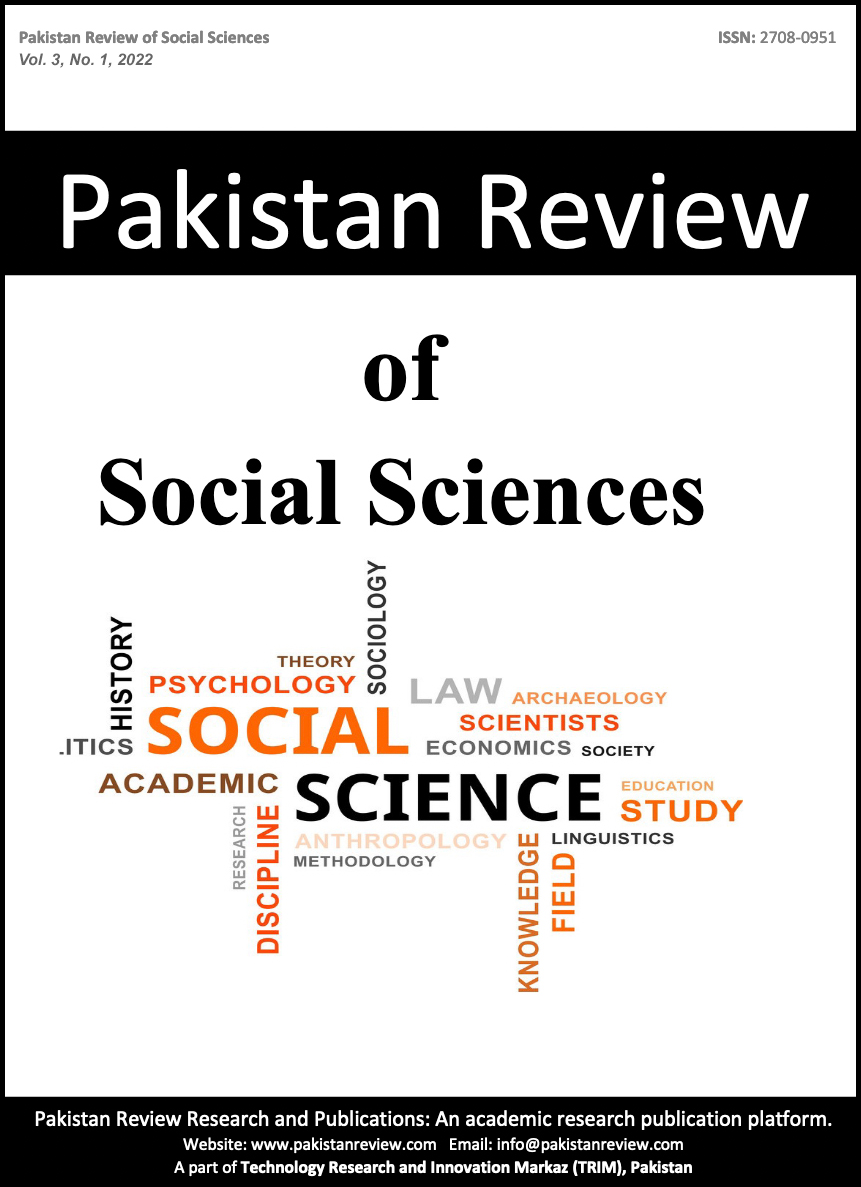Political Memes and Affective Polarization: A Multimodal Critical Discourse Analysis of Pakistani Political Memes
Keywords:
Political memes, MCDA, affective polarization, de-legitimization, dehumanization, us versus them, labelling, and trivialization.Abstract
Abstract
Political memes play an integral role in shaping online political discourses by communicating political identities, affiliations and views with the opportunity for the audiences to engage in such discourses. However, some of the discourses in the memes are intendant to demonize, criticize, differentiate, attack, and or negatively evaluate certain political parties and politicians. Therefore, this article adopts a Multimodal Critical Discourse Analysis to study the discourses of some of the Pakistani political memes on Twitter in relation to affective polarization. That is, the aim of this study is to examine the presence of affective polarization in the discourses of political memes to know whether and how does political memes catalyze affective polarization. This analysis reveals that, the political memes catalyze affective polarization through its discourses dominated by (de)legitimization, labelling, us versus them differentiation, dehumanization, and trivialization.
Downloads
Published
Issue
Section
License
Copyright (c) 2024 Maria Khan

This work is licensed under a Creative Commons Attribution 4.0 International License.
Submission declaration
Authors retain the copyright to their work and grant the Pakistan Review of Social Sciences (PRSS) the right of first publication under a Creative Commons Attribution 4.0 International (CC BY 4.0) license. This license allows others to share, adapt, and reuse the work for any purpose, including commercial use, as long as appropriate credit is given to the original authors and the journal.
By submitting a manuscript, authors confirm that the work has not been published previously (except as an abstract, lecture, or academic thesis), is not under review elsewhere, and has been approved by all authors and relevant authorities. Once accepted, the article will be openly accessible under the CC BY 4.0 license, ensuring wide dissemination and reuse with proper attribution.






